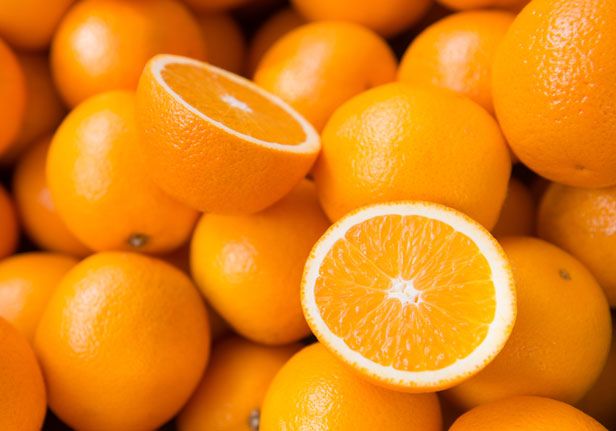Vitamin C is probably the most well known and understood of all the vitamins; it’s also one of the hardest working! The human body used to be able to manufacture its own vitamin C (as many animals do), and it’s for this reason that humans suffered the well-known vitamin C deficiency disease, scurvy; it was really common with sailors during the 1500s and 1800s, when they endured long sea voyages with no fresh fruits and vegetables available. Thankfully, this is not the case these days.
WHAT DOES IT DO?
Vitamin C is probably best known for its role in supporting the immune system, particularly with regards to the prevention and treatment of the common cold. Vitamin C enhances various aspects of the immune system, in particular encouraging white blood cell function and activity.
It is also a key factor in the production of collagen, which is the body’s main protein. Collagen is an important protein for the structures that hold the body together, hence it’s often found in skin care products. Collagen is therefore also part of our facial structure and it can help prevent those dreaded lines and wrinkles from forming!
Vitamin C can ward off the ageing process in other ways too; it’s a powerful antioxidant, helping to mop up those damaging and ageing free radicals. However, vitamin C is water soluble, which means it’s easily destroyed so needs to be replaced every day. It works well alongside the fat-soluble antioxidants vitamin E and the carotenes.
AVAILABLE FORMS
As there are so many different forms of vitamin C, people can be confused when presented with all the options, particularly when looking at supplements within health food stores. Ascorbic acid is the most widely used and least expensive form. However, there are also buffered forms using sodium, magnesium, calcium or potassium ascorbate. These forms are primarily used because ascorbic acid can sometimes irritate the stomach lining.
WHERE IS IT FOUND?
Interestingly, we often associate citrus fruits with having the most vitamin C, but we forget that lots of vegetables, especially peppers, broccoli and Brussels sprouts, are also great sources.
Citrus fruits are, of course, good sources of vitamin C. However, one of the highest vitamin C containing fruits are acerola cherries. Strawberries, guavas, red peppers, cauliflower and papayas are also packed with this amazing vitamin. Just remember to include some of these foods in your diet every day; vitamin C is quickly lost through storage, cooking, stress, exercise and food preparation, therefore regular intake is essential.














